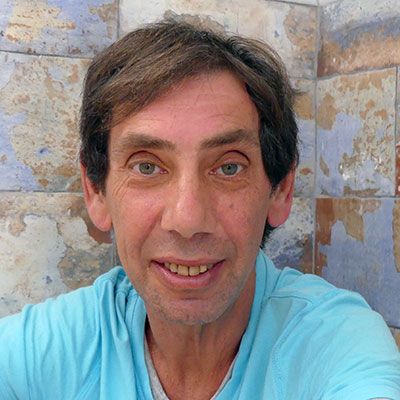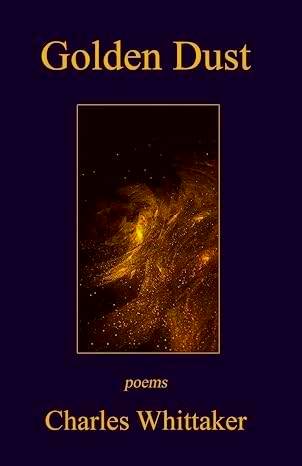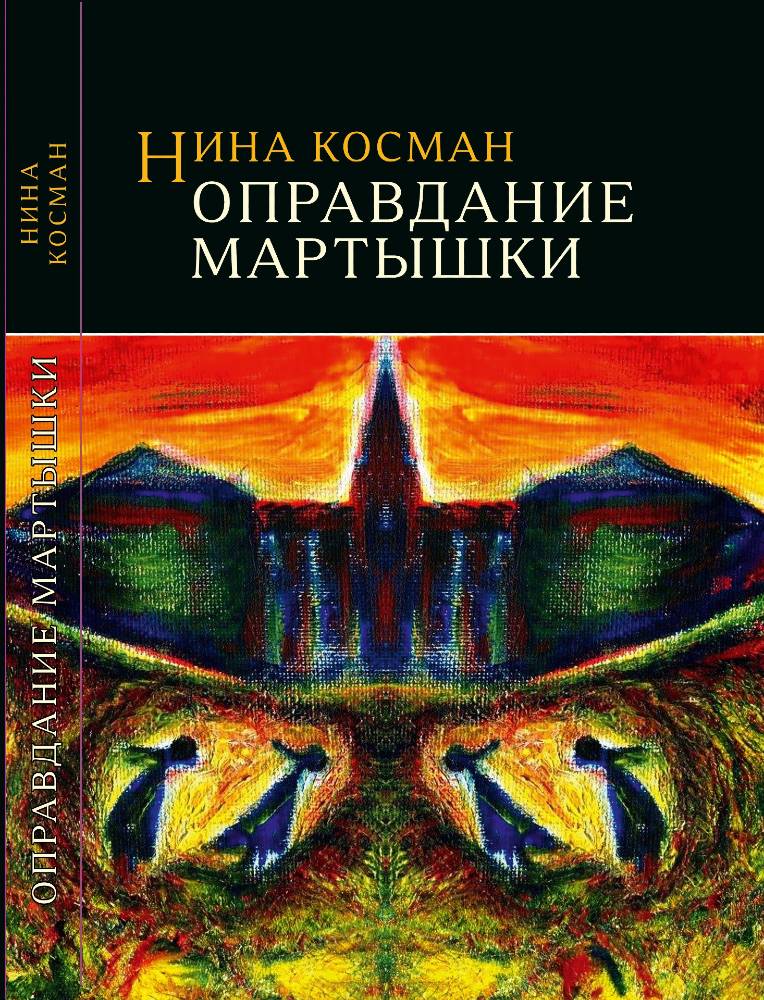About the Author:

Sergei Solovyov is a poet, artist, and traveler, author of more than 20 books of prose, poetry and essays in Russian, including Feast, Book, Her Names, Man and Other, novels Amort and Adam’s Bridge. He was a laureate of the Russian Prize and Planet of the Poet Prize, and he was a finalist for a number of prizes, including the Bely Prize. Born in Kiev in 1959, he graduated from the Philological Faculty of Chernovtsi University and worked as a restoration artist of monumental painting in churches and monasteries of Ukraine. In the mid-eighties he created Noldistanciya, an avant-garde theater in Kiev; in the nineties he launched Kovcheg, a journal of art and literature. In 2000, he created an architectural project for a metagame labyrinth city (Germany). In the mid-2000s, he created Speech Landscapes, a club of free thinking, and he also became editor-in-chief of Figures of Speech, the almanac of contemporary literature, based in Moscow. In recent, pre-COVID19 years, he traveled in the hinterland of India, making films and writing books. He lives in Munich.




